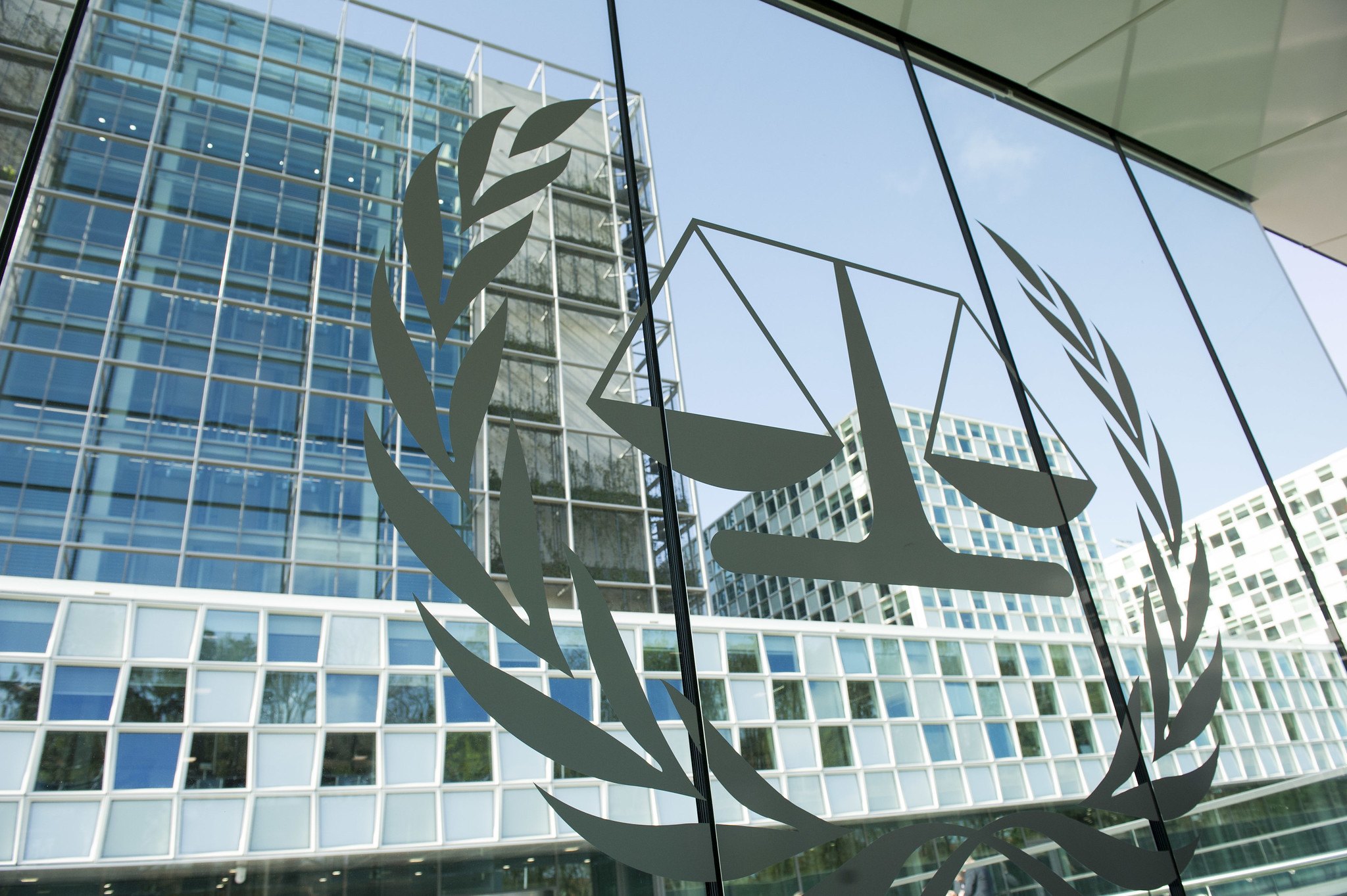Supreme Court Denies Samantar Cert Petition (but this may not be the end of the story)
The Supreme Court today denied cert in the Samantar case, rejecting the Government’s recommendation to grant, vacate, and remand to the Fourth Circuit and instead allowing the Fourth Circuit’s decision to stand. I have previously explained why I think the Fourth Circuit’s conclusion “under international and domestic law” that foreign government officials are not entitled to official acts immunity for al
Published by The Lawfare Institute
in Cooperation With

The Supreme Court today denied cert in the Samantar case, rejecting the Government’s recommendation to grant, vacate, and remand to the Fourth Circuit and instead allowing the Fourth Circuit’s decision to stand. I have previously explained why I think the Fourth Circuit’s conclusion “under international and domestic law” that foreign government officials are not entitled to official acts immunity for alleged jus cogens violations was inconsistent with U.S. and international law and with the previously stated views of the Executive branch (as well as with the Second Circuit’s decision in Dichter) and is likely to have serious adverse foreign and legal policy consequences for the Executive branch, including the possible denial of immunity for former U.S. officials in other countries.
The Court’s decision may well have been motivated less by any comfort with the Fourth Circuit’s decision than by the fact that the facts keep changing in the case. When the Obama Administration originally advised the district court in the case that Mr. Samantar did not enjoy immunity, it based its decision heavily on the basis that the United States did not recognize a government in Somalia that was capable of asserting immunity for Mr. Samantar. When Samantar filed his cert petition, the Obama Administration had recently recognized the government of Somalia and the new Prime Minister of Somalia had promptly requested immunity for Samantar. But when the Administration filed its amicus brief last month, it noted that the Prime Minister of Somalia who requested immunity for Samantar had recently been subject to a vote of no confidence by the Somali Parliament and was likely to be removed from office. Then, on December 30, an individual identifying himself as the legal adviser to the President of Somalia sent a letter to the State Department, purporting to waive any residual immunity Samantar might enjoy. But then the Chief of Staff to the President of Somalia sent an email to the State Department repudiating the letter from the alleged legal adviser. Last week, the Solicitor General informed the Court that the Administration needs to engage in further diplomatic discussions with the Government of Somalia to clarify the status of Mr. Samantar's immunity. So the Court may simply have decided that the case was not sufficiently ripe to consider Samantar's cert petition.
This does not mean that the Fourth Circuit’s decision will stand, however. The Fourth Circuit is still considering Samantar’s appeal from the district court’s judgment against him (rendered after the Fourth Circuit’s decision that he did not have immunity). If the Fourth Circuit affirms, then it is possible that Samantar could seek cert for that ruling and re-raise the official acts immunity issues.
John B. Bellinger III is a partner in the international and national security law practices at Arnold & Porter in Washington, DC. He is also Adjunct Senior Fellow in International and National Security Law at the Council on Foreign Relations. He served as The Legal Adviser for the Department of State from 2005–2009, as Senior Associate Counsel to the President and Legal Adviser to the National Security Council at the White House from 2001–2005, and as Counsel for National Security Matters in the Criminal Division of the Department of Justice from 1997–2001.


.jpg?sfvrsn=4c0f5277_5)

